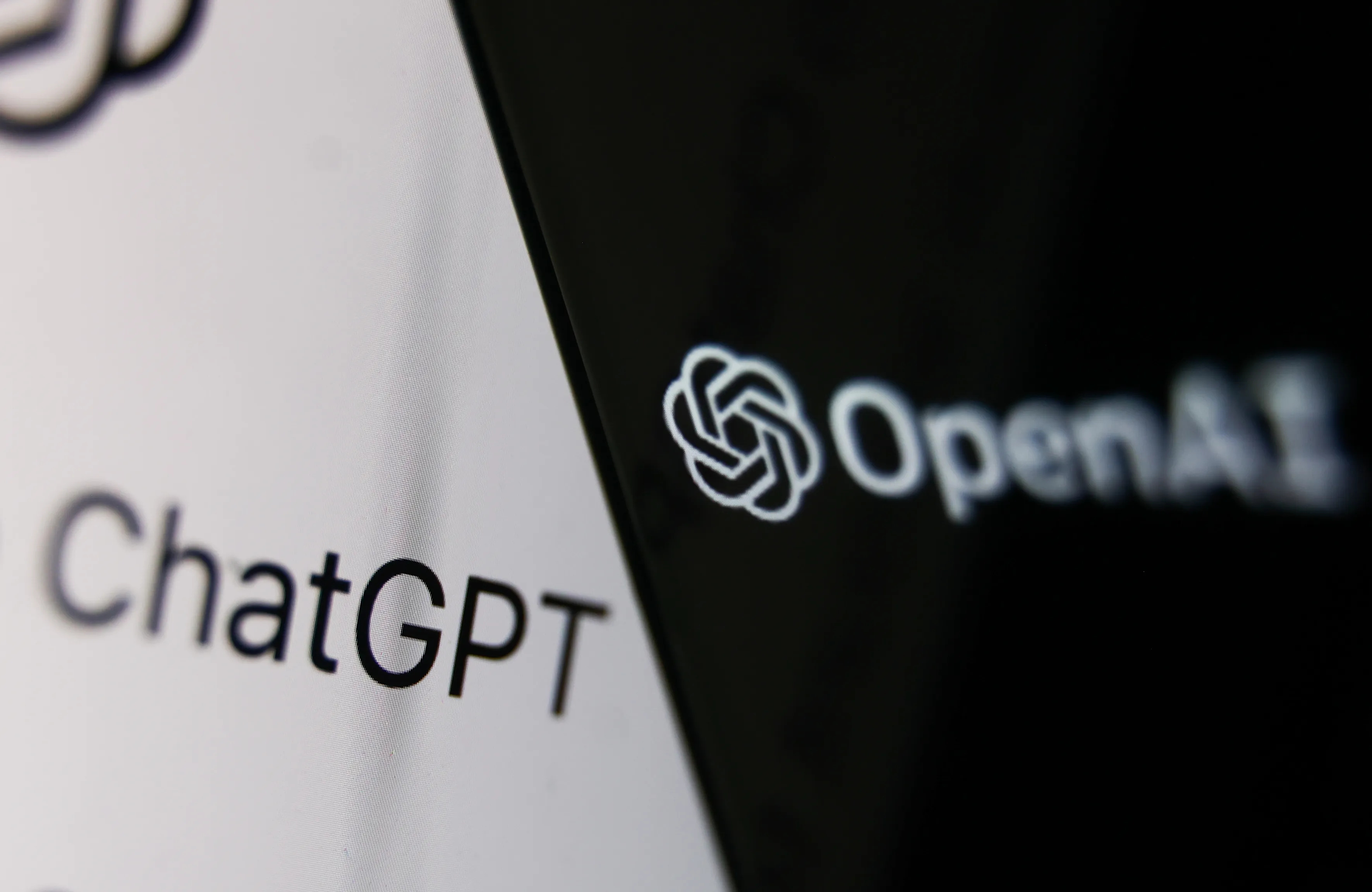Listen to the post:
RV University students in Bengaluru were given a strong warning on the first day of the New Year by the head of the School of Computer Science and Engineering. This meant that the first day of the New Year began on a serious note for these students.
According to the notice that was distributed on January 1st, “AI (artificial intelligence) agents such as ChatGPT, GitHub Copilot, or Blackbox should not be used when original submission is expected from students or faculty,” for example, when submitting original code in the first-year programming course, original essays, original answers to questions, etc.

The state-owned private university has announced that it will begin blocking access to these platforms in its labs and during tutorial sessions. At the same time, the university will conduct random checks by asking students to reproduce content, and it will take disciplinary action if significant differences are found between the two versions of the content.
The situation at RV University is not unique. First-time coders and other students at various colleges and universities in India are being discouraged from utilising AI-based platforms that may generate code or text on their own by the teaching staff at those institutions. For example, the artificial intelligence research company OpenAI and the code repository GitHub, which is owned by Microsoft, collaborated to produce a tool called GitHub Copilot. It is useful for programmers since it can generate computer code from natural English language, auto-complete a block of code, and so on.
1. A university student has built an application that helps detect if essays are written by AI chatbot ChatGPT.
Edward Tian, 22, says his motivation was to prevent students from plagiarising by using AI tools to write their essays. pic.twitter.com/pMuQSO7m5X
— BFM News (@NewsBFM) January 13, 2023
In a similar manner, Blackbox enables programmers to copy code from films or transform any question into code. ChatGPT, on the other hand, is an AI-driven text-to-speech platform that has been in the news recently. It is able to write prose, college essays, poetry, books, and even computer code without any input from a human being.
The teaching staff at a number of different universities believe that the usage of such tools in educational settings can reduce the amount of information that students actually absorb. For example, in order to become effective coders, programmers need to train themselves in logical reasoning, which is likely to be challenging if they are using an automated tool to generate the code for them. In a same vein, ChatGPT may practically reproduce the writing style of an author such as Ernest Hemingway, eliminating the need for students to fully comprehend the meaning behind the works of such authors.
The founding dean of the School of Computer Science and Engineering at RV University, Sanjay Chitnis, stated that he is in favour of students making use of automated coding tools when the purpose is not simply to generate a code but rather to find a solution to a more significant problem. “In situations like this, the generation of code is merely incidental, and the majority of the effort is put into determining the issue at hand, articulating the nature of the issue, and formulating potential remedies. These are the fundamental human skills needed in the 21st century. We encourage the usage of Copilot in initiatives like these, but at the same time, we raise the general bar for the project that is tied to this one,” he explained.
Rupesh Nasre, a professor at the department of computer science (CS) and engineering at the Indian Institute of Technology (IIT) Madras, shared a similar sentiment when he stated that novice programmers should be discouraged from making use of such tools. Students who are already proficient in programming and who, even without the aid of the tool, would have developed the code themselves should be encouraged to participate in the activity. This allows them to concentrate on more imaginative parts of problem-solving and reduces the amount of time they spend worrying about routine aspects of the application. As a result, their productivity increases. However, it is possible to provide a disclaimer stating that a certain code snippet was produced by a tool,” he noted.
Also read: Hospitalization rates for COVID in China have increased by 70 %.
Recruiters concur. The vice president of technology of a company that provides digital services, Sanjeev Azad, stated that he would like to hire people who have a “strong understanding” of the ideas underlying software engineering. “Even if you are utilising technologies like Copilot, you still need to have a solid understanding of fundamentals, the ability to think critically, and an analytical bent of mind.” “There are a few things like this that can’t be done by a machine,” he explained.
There are some pupils that share this viewpoint. Copilot is the only tool that Vineeth Kada, a computer science student in his fourth year at IIT Madras, will use to accomplish his final-year project. However, he will only use it for non-creative and monotonous work. In addition to this, he mentioned that the use of such tools requires human interaction in order to recognise erroneous results, which might lead to more problems than they solve.
The use of such instruments is not fully prohibited in educational institutions because they are aware of this fact. According to Dhiraj Gyani, director of education and government relations at GitHub, workshops centred on Copilot are in the process of being planned at various universities, including the IITs and Shiv Nadar University in Uttar Pradesh.




